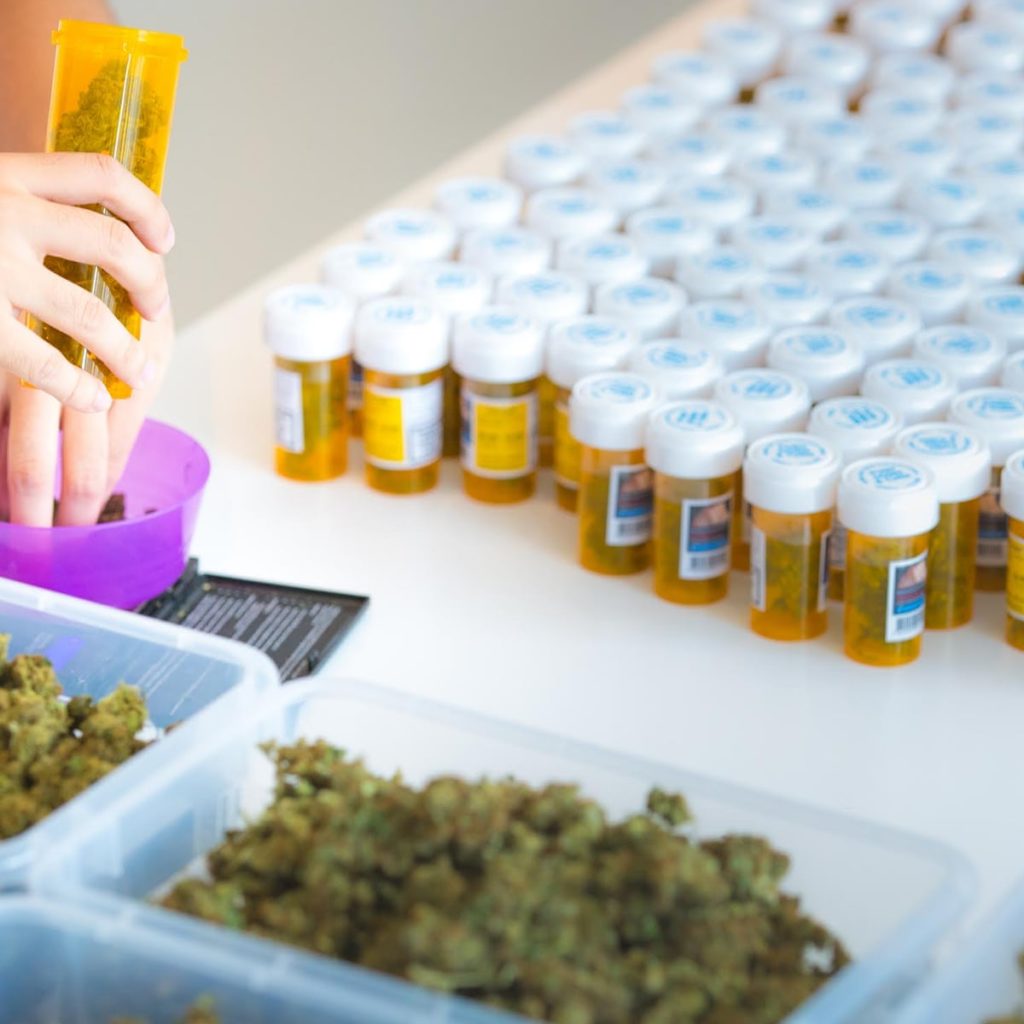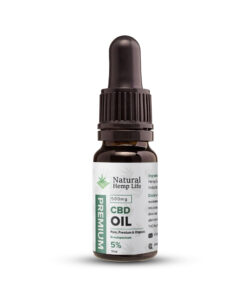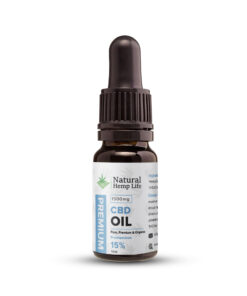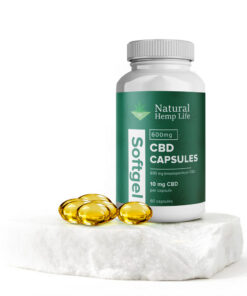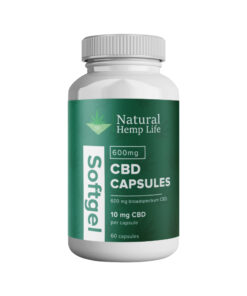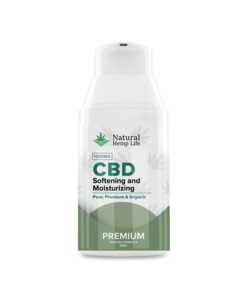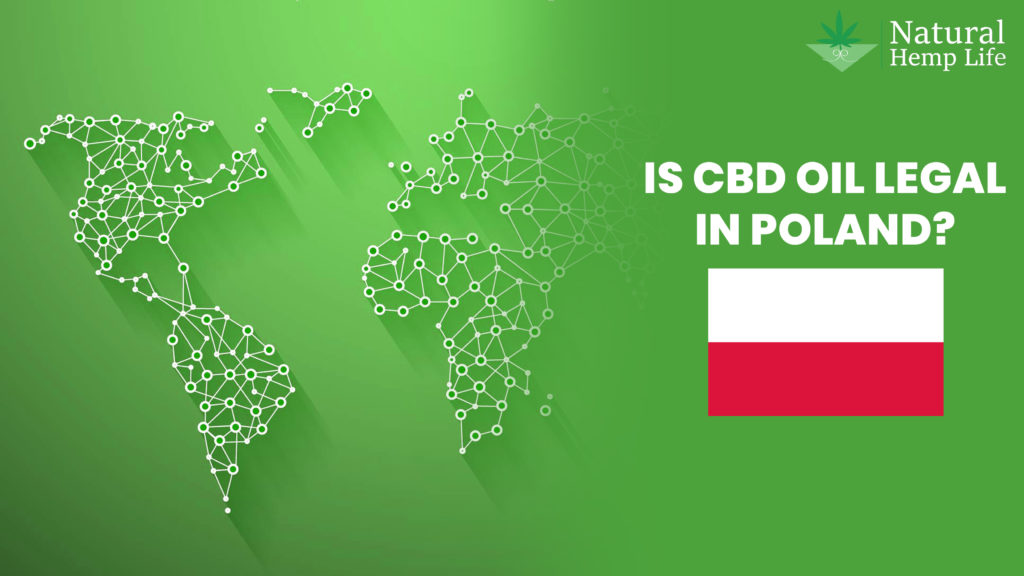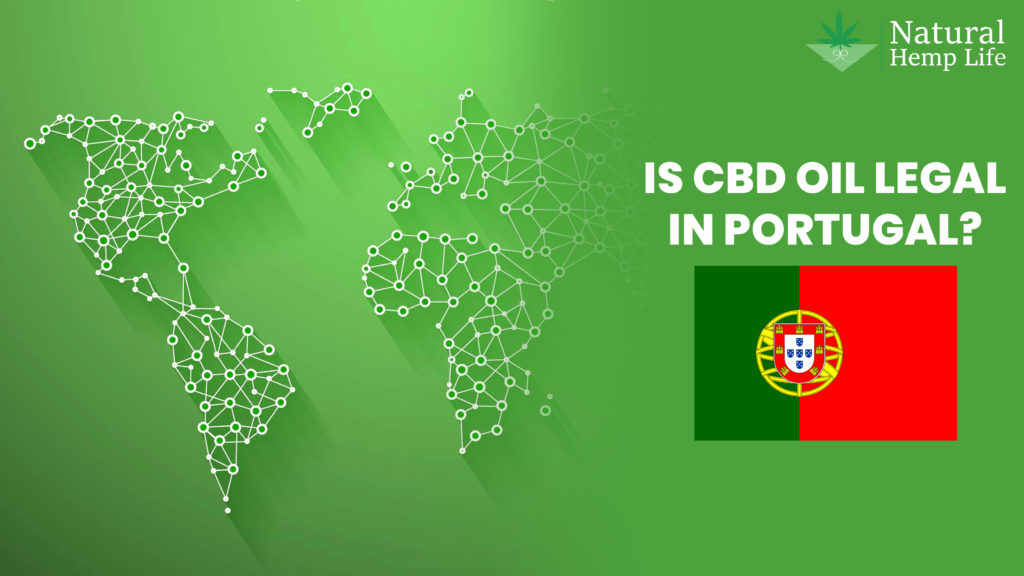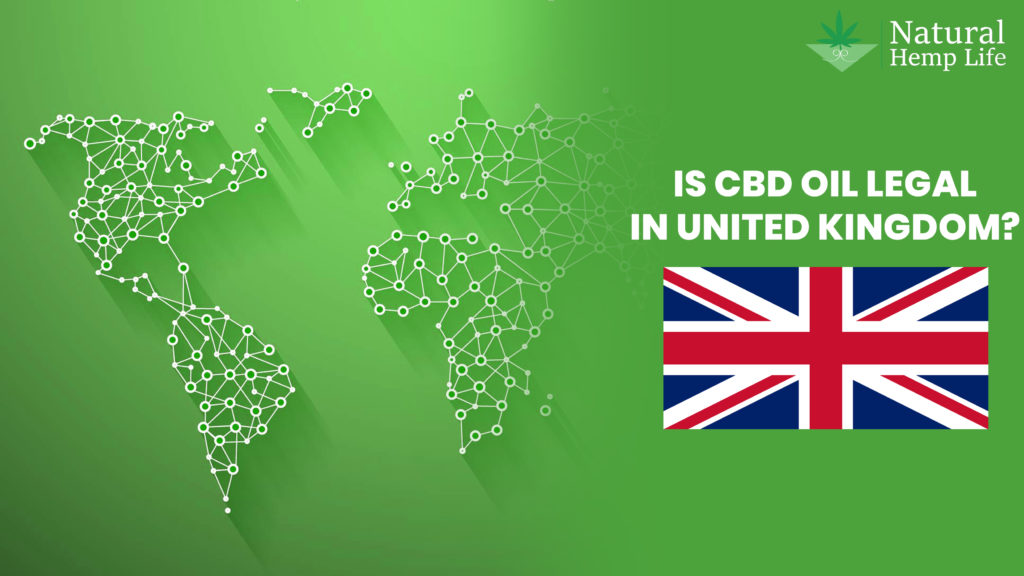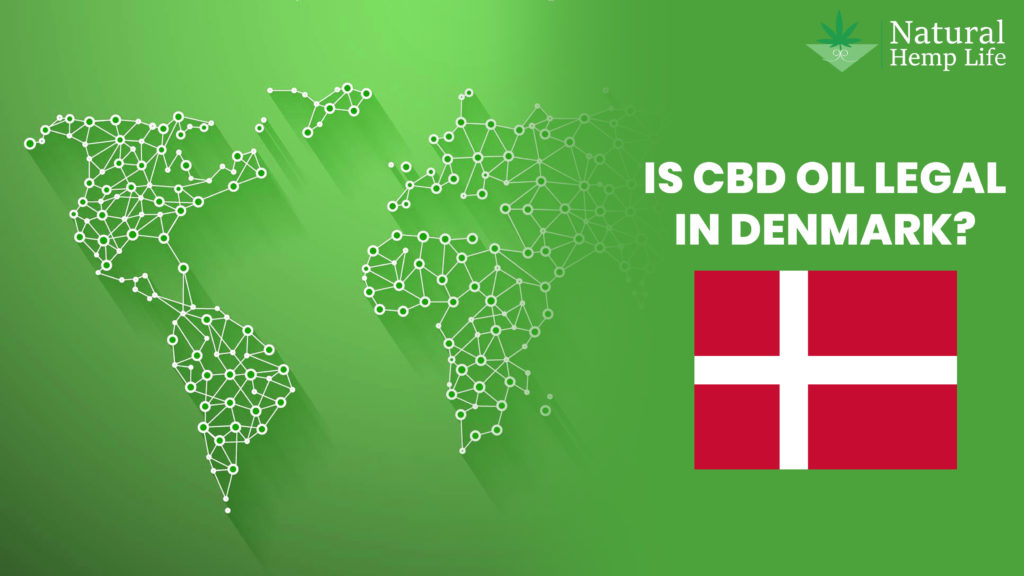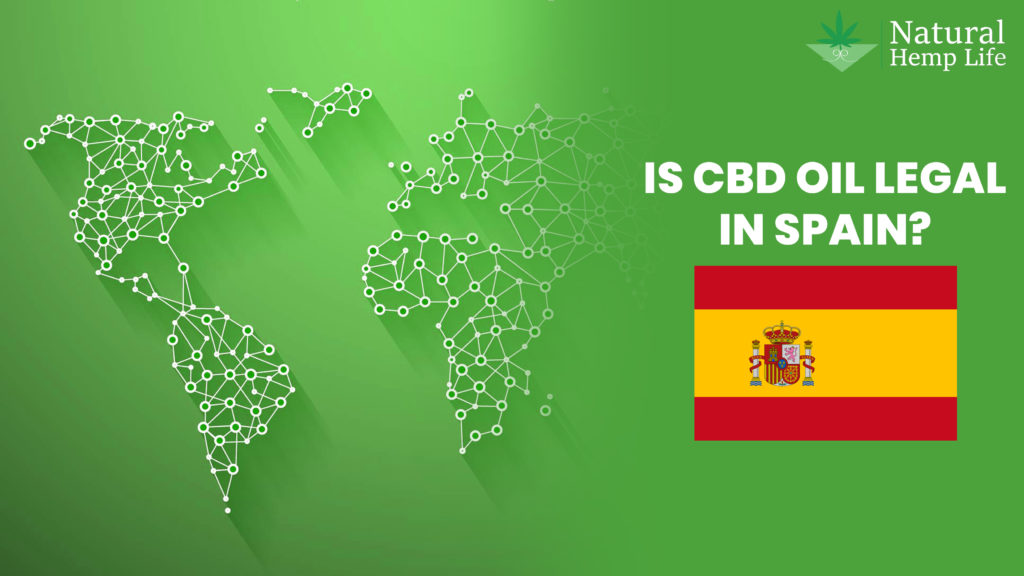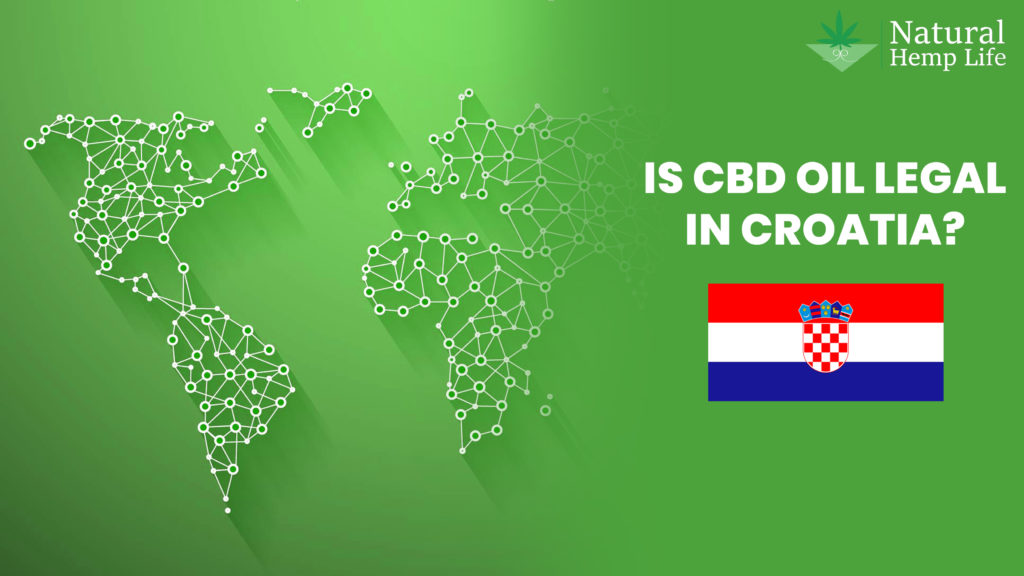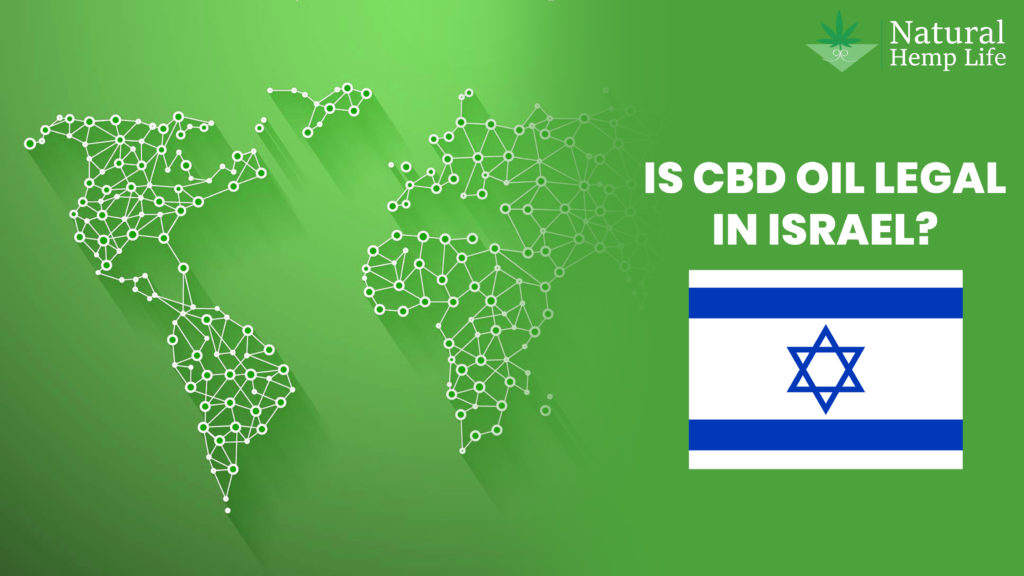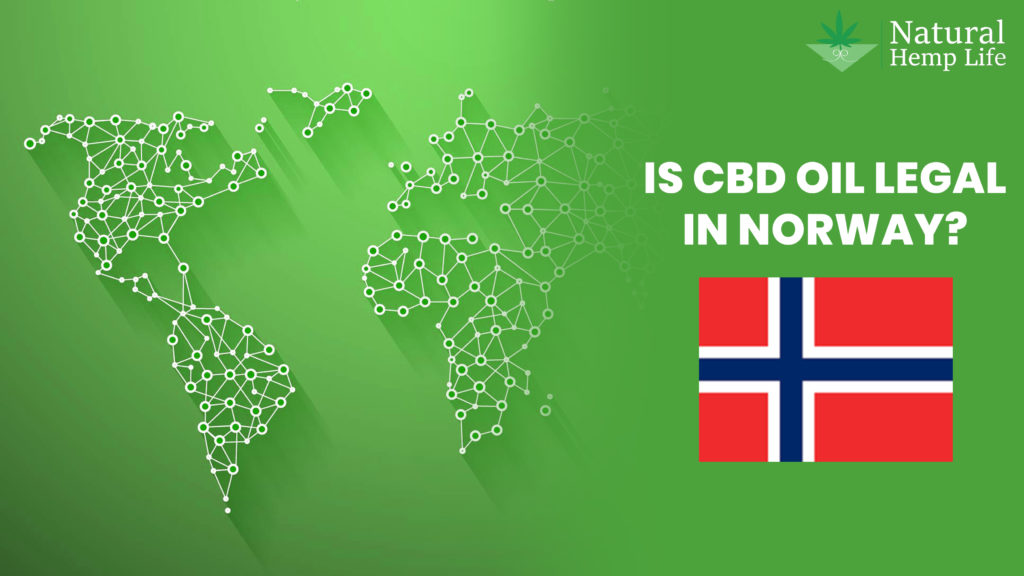The Swiss Government takes a unique stand on cannabis possession. If it contains less than 1 percent THC (which is responsible for the psychoactive effect, or ‘high’) then buying, possessing, and consuming the substance is legal. Cannabis containing THC amounts above 1 percent, however, is known as a narcotic. Possession of opioids is illegal under the Federal Opioids and Psychotropic Substances Act: Stat. 19.
The psychoactive effect is the crucial difference. The Swiss authorities accept that the therapeutic effects of CBD (which, contrary to THC, is not psychoactive) and that it will “help people relax and alleviate pain and muscle cramps.” [1]
Any person caught using unlawful ‘narcotic’ cannabis will face a CHF 100 fine. If the amount of cannabis they are caught is less than 10 grams, then usually there is no penalty, as it has been decriminalized to possess ten grams or less. [1]
Are you allowed to sell cannabis in Switzerland?
There are also laws that must be adhered to in order to market cannabis goods lawfully. CBD is excluded from the Narcotics Act because it is not a ‘big’ drug. Nevertheless, that does not mean it should be priced freely, the government stresses. [2]
Next, a type of drug needs to be assigned to the CBD products. This is going to be one of those:
- Medicine
- Foods
- Cosmetics
- Utilities (e.g., e-cigarette CBD-liquid)
- Carbon goods
- Replaces Tobacco
In group has its own regulations which must be followed by the manufacturer in order to stay under the law.
Selling cannabis with a THC level above 1 percent is illegal. Punishment is rather lenient. For small amounts (up to one hundred grams), a penalty is imposed for one to five ‘daily rates’ (a fine based on the financial circumstances of the individual). Penalties are more severe for bigger cannabis sales, with jail terms for large-scale sales and supply. [2]
Are you allowed to grow cannabis in Switzerland?
Swiss law is lenient regarding the cultivation of cannabis. Cultivation of industrial hemp was legalized in 1995 but is subject to legislation (in terms of THC levels).
Growing cannabis plants within your home is legal. Nevertheless, only such forms are permitted (those that do not have a psychoactive effect) and the amounts of THC must be less than 1%. It’s sometimes named ‘cannabis medium’ because of the low THC levels. Those plants are also sold as recreational items despite the low THC levels. This created some confusion in the past because plants with high THC look and smell the same as plants with low THC. [3]
The legal status of CBD in Switzerland
Any CBD products containing less than 1% THC may be legally sold in Switzerland because they are not covered by the Narcotics Act. This is unusually high-many other European countries limit the THC content to 0.2%.
That doesn’t mean CBD oil prices are unregulated. All CBD products must be categorized according to the law and must comply with certain regulations. For example, if it is classified as a ‘foodstuff,’ it must comply with the safety guidelines of federal law. CBD products, however, are widely available throughout the country, in supermarkets, kiosks, department stores, and specialist stores. [2]
Only under medical supervision will CBD items containing more than 1 percent THC be supplied. [1]
Can you send cannabis seeds to Switzerland?
Sending cannabis seeds into most European countries is legal. Switzerland is no exception, and you are legally permitted to mail seeds to your address. According to the 2012 Concordat Latin sur la Culture et le Commerce du Chanvre (Latin Concordat on Hemp Culture and Trading), residents of seven cantons (such as Geneva and Basel) are allowed to grow up to four cannabis seed hemp plants for personal use. [3]
Cannabis used in Medical in Switzerland
In Switzerland medicinal cannabis use is legal. It can be accessed only by a prescription that has to be purchased from a GP. In addition, the Federal Office of Public Health (BAG) must provide a grant to patients. The only drug actually approved for medical purposes is Sativex, which can be administered to patients; but this is only used in spasticity conditions (e.g. MS or paraplegia). Exceptions can be made where a GP asks from the BAG for a particular commodity. [2]
Physicians seeking authorization to give prescriptions must report to the BAG. Medicinal production is also legal if the plant in question has a BAG.
Licenses are issued under the following terms and conditions:
Epilepsies
Severe shiver
It’s Cancer
Spasticity
Nausea
Chronic soreness
Medicinal cannabis is not easy to get, and there is no official documentation outlining its correct application and treatment. As a result, Switzerland is home to only a few hundred licensed users of medicinal cannabis. [3]
Could this be about to change? The Swiss government has planned larger-scale medicinal cannabis studies, and the government is also beginning to appreciate the market value of the drug.
Industrial hemp in Switzerland
In Switzerland, industrial hemp can be lawfully grown. Whoever wants to cultivate hemp will get a legal license. They will need to be prepared for checking their substance to ensure that the amounts of THC are 1% or less. [3]
The industrial hemp market in Switzerland is boosting the country’s economy. The expected revenue generated by industrial hemp in 2018 is 3.8 million euros at the time of writing.
Politics and Cannabis
For several years, the legalization of cannabis has arisen through national discourse.
The Swiss parliament opposed the motion to allow the use of cannabis in medical research in 2018. The defeat, however, was based on a thin margin-96 to 93 votes. [3]
The primary criticism came from the Swiss People’s Party, known for its right-wing, nationalist approach. The Christian Democrats did vote against the proposal as well. All groups agree that that will help in the potential regulation of commercial usage by allowing cannabis in research experiments.
Certain groups, including the Federal Democratic Union (another right-wing party), have always traditionally opposed the legalization of cannabis. Only the Swiss People’s Party has, however, recently recognized the real importance of cannabis for medical purposes. [1]
References
[1] https://www.ch.ch/en/cannabis/ [2] https://heidisgarden.com/ch_en/blog/cbd-switzerland-7-reasons-why-the-swiss-have-the-cbd-hub-of-europe [3] https://studyinginswitzerland.com/marijuana-regulations-in-switzerland/

